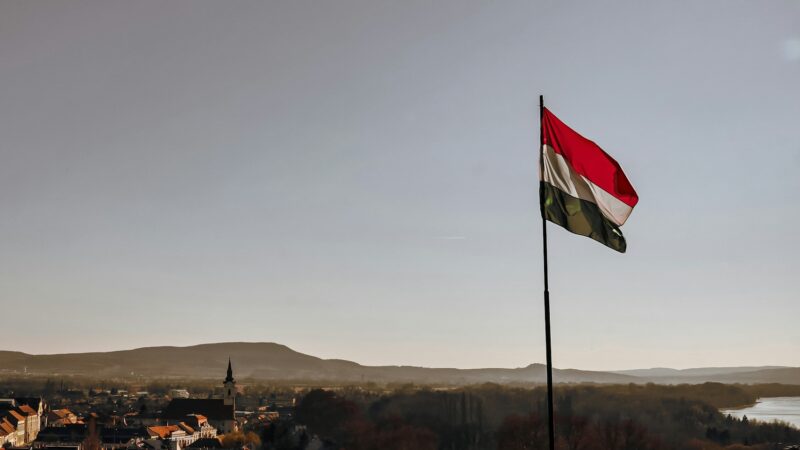Immigration is a massive issue within the UK. Many libertarian and neoliberal think tanks seem to be out of touch with what the ordinary man thinks about immigration as they advocate for a more liberalised immigration system and even open borders. This has given the term liberal a rotten taste for many Britons on the topic of immigration. A notorious example of this is Sam Bowman, a senior fellow of the neoliberal institution The Adam Smith Institute, who tweeted:
“I also favour huge amounts of immigration from unskilled workers from poor countries on the grounds that if it improves their welfare, including if it reduces the welfare of Britons, e.g. through higher crime.”
This, of course, comes off as insensitive and patronising. It is a real concern of the British public, both for economic and cultural reasons, to want to control our borders. This concern should not be dismissed by neoliberals who dismiss the negatives of immigration. In fact, those who claim to be champions of freedom should also take into consideration the freedom of those already inhibiting the country and their property rights.
Those who advocate for “freedom of movement” forget the enormous amounts of benefits that immigrants receive once they enter the country. From the NHS, housing benefits, universal credit, and roads: there are an enormous amount of entitlements that immigrants receive, regardless of whether they pay tax. Even Milton Friedman observed that “you cannot simultaneously have free immigration and the welfare state”. Shouldn’t the British taxpayer be free from being forced to subsidise the lifestyle of those who enter the country?
Currently, the government is trying to implant an asylum centre for up to 1,500 in the small village in Yorkshire, Linton on Ouse. This would severely change the culture of a village which has a population of about 700. The neoliberal approach would be to allow them in, after all freedom of movement is a human right! This mass importation which would massively change the environment is disrespectful to the locals. The solution which respects the rights and concerns of the native population is to decentralise decision making to the lowest level possible. It’s easy for Westminster bureaucrats to assign a thousand men to a small village without acknowledging the consequences. The residents of Linton on Ouse should have their voices heard.
In his book Against the Left, Lew Rockwell discusses how Switzerland’s immigration policy before joining the European Union could be shown as an interesting example of decentralising immigration policy:
“In Switzerland, localities decided on immigration, and immigrants or their employers had to pay to admit a prospective migrant. In this way, residents could better ensure that their communities would be populated by people who would add value and who would not stick them with the bill for a laundry list of “benefits.””
The notion of “freedom of movement” disregards property rights. An individual cannot come into your home without invitation. As Hans Hermann Hoppe noted:
“No one has a right to move to a place already occupied by somebody else, unless he has been invited by a present occupant. And if all places are already occupied, all migration is migration by invitation only. A right to “free” immigration exists only for virgin country, for the open frontier.”
Furthermore, even though libertarians argue that public property has been appropriated illegitimately, it does not mean that the property is unowned and a free for all. Hoppe continues:
“It has been funded through local, regional, national or federal tax payments, and it is the payers of these taxes, then, and no one else, who are the legitimate owners of all public property. They cannot exercise their right – that right has been arrogated by the State – but they are the legitimate owners.”
In his article, Nations by Consent, Murray Rothbard sets out his argument against open borders even within a stateless society:
“On rethinking immigration on the basis of the anarcho-capitalist model, it became clear to me that a totally privatized country would not have “open borders” at all. If every piece of land in a country were owned by some person, group, or corporation, this would mean that no immigrant could enter there unless invited to enter and allowed to rent, or purchase, property. A totally privatized country would be as “closed” as the particular inhabitants and property owners desire.”
Having controlled borders is not antithetical towards libertarianism. Those who actually favour liberty should value freedom of association and property rights rather than the false leftist notion of “freedom of movement” that tarnishes the name of liberalism and freedom. The Westminster liberals should stop sneering at the British public for their concerns over immigration and join them in the fight for freedom.



